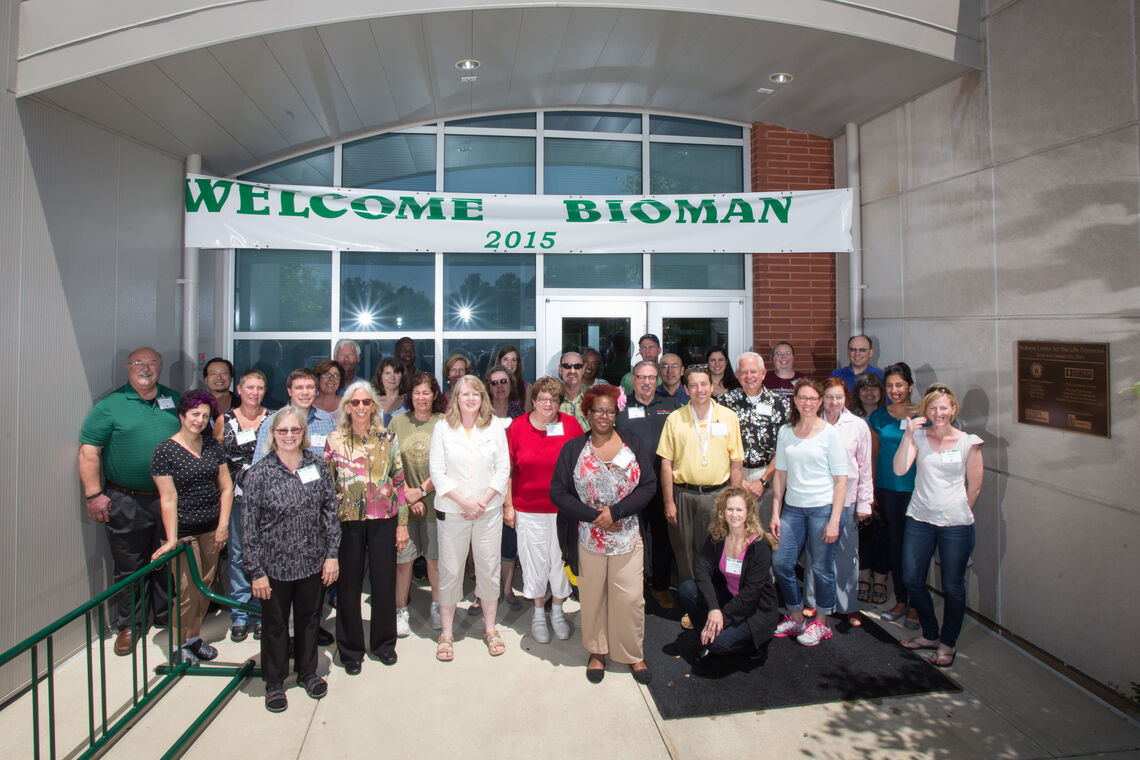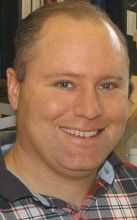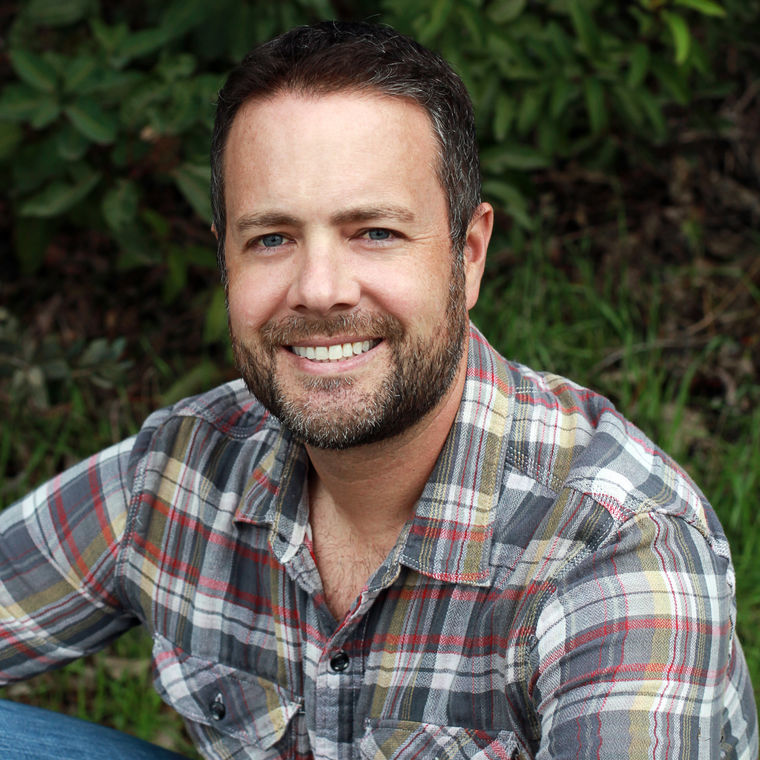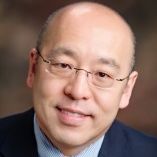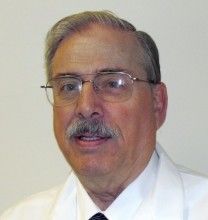Biomanufacturing Units
Introduction to BiomanufacturingUpstream ProcessingDownstream ProcessingBiomanufacture of Cell and Gene TherapiesBiomanufacture of Monoclonal AntibodiesQuality AssuranceQuality Control BiochemistryMicrobiological ControlProcess DevelopmentManufacture of a Drug ProductFacilitiesMetrologyValidationEnvironmental Health & SafetyOperational ExcellenceBiofuels
mini-BIOMAN Conferences
miniBIOMAN 2021:Monoclonal Antibody Production: HighTech and Low Tech ApproachesminiBIOMAN 2019: Design of Experiments for BiomanufacturingminiBIOMAN 2019: Quality in BiomanufacturingminiBIOMAN 2018: Downstream Processing of mAbsminiBIOMAN 2018: Incorporating Undergraduate Research in Process DevelopmentminiBIOMAN 2017: Manufacture of a Drug Product - Final Fill Finishmini-BIOMAN 2017: Upstream Processing- Mab Production in CHO cellsmini-BIOMAN 2017: Single Use Technology in Biomanufacturingmini-BIOMAN 2016: Stem Cell Production in a Regulated Environment
